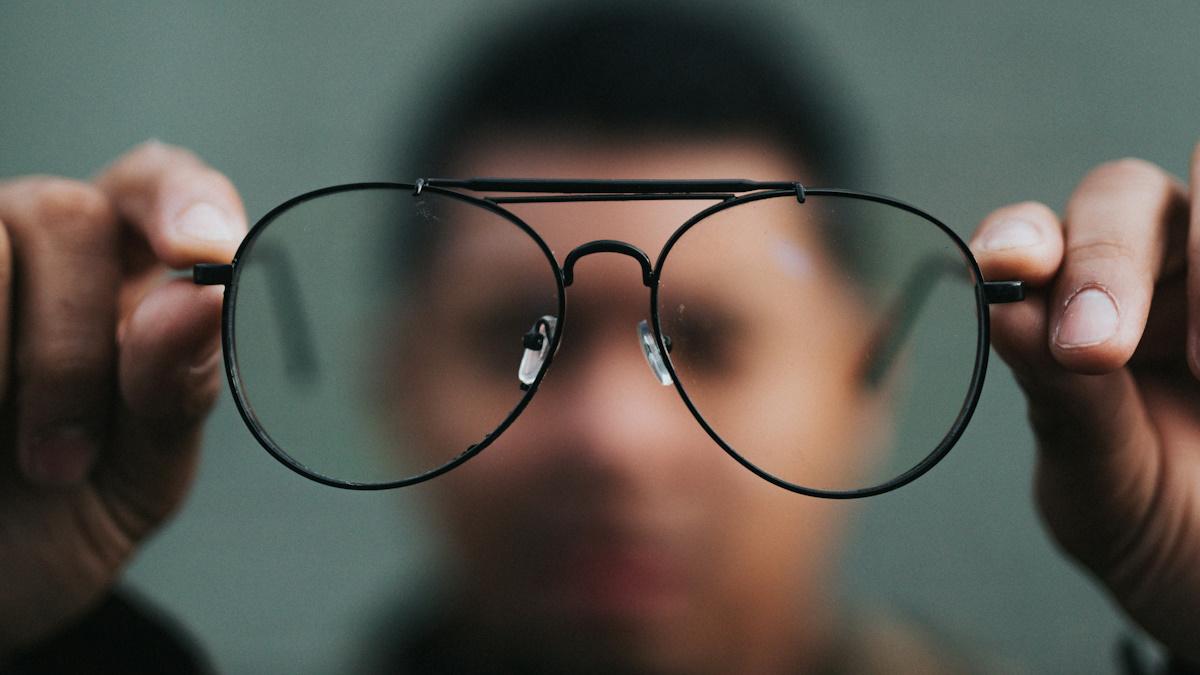FDA says no to Astellas' geographic atrophy drug

Astellas has suffered another major setback with geographic atrophy (GA) treatment Izervay, this time in the US.
The company has received a complete response letter (CRL) from the FDA for a proposed update to the labelling for Izervay (avacincaptad pegol) that sought to include the results of the phase 3 GATHER2 trial and improve the drug's competitive profile against rival Syfovre (pegcetacoplan) from Apellis.
The disappointing outcome comes shortly after Astellas decided to withdraw its marketing application for Izervay in the EU after it became likely that it would be unable to get approval from the European Commission.
Complement C5 inhibitor Izervay has been approved in the US since 2023 for GA secondary to age-related macular degeneration (AMD), a leading cause of blindness, given as a once-monthly injection into the eye for up to 12 months.
GATHER2 showed that some patients could get a benefit from the drug with dosing every other month, and also that there were benefits to continuing treatment out to two years.
Complement C3 inhibitor Syfovre is already approved with dosing frequency of between 25 and 60 days, based on clinical data showing a benefit out to two years, giving it an edge over Izervay that Astellas had been hoping to overcome with its GATHER2 data filing.
It is another setback for a programme that lay at the heart of Astellas' $5.9 billion acquisition of the drug's developer Iveric Bio last year.
In a statement, Astellas said that the FDA had indicated that it would not be able to approve the marketing application in its current form by today's deadline (19th November) because of "a statistical matter related to labelling language proposed by Astellas."
The company stressed that the regulator has no issues with the safety and efficacy data submitted for the label update, adding that it is "seeking clarification" on what it will have to do to get the filing back on track.
"Astellas stands by the clinical profile of Izervay, the only FDA-approved GA treatment that consistently demonstrated statistically significant slowing of GA across two pivotal Phase 3 studies," commented Marci English, the company's head of biopharma and ophthalmology development.
"While this is a disappointment for patients and physicians who rely on Izervay for the management of a chronic, progressive disease that can lead to irreversible vision loss, Astellas is unwavering in our commitment to the ophthalmology space and will continue to work with the FDA to advance solutions for those suffering from GA," she added.
Izervay and Syfovre are addressing a potentially enormous market, leading analysts to previously predict blockbuster sales levels for both drugs - although, Apellis' drug has been linked to side effects that have trimmed back some forecasts.
Astellas recorded JPY 28.1 billion ($182 million) in the first six months of the company's fiscal year ending 31st March 2025. Meanwhile, Apellis made $152 million from US sales of Syfovre in the third quarter of calendar 2024.
The EMA's human medicines committee (CHMP) issued a negative opinion on Syfovre in September, leaving patients in the EU without an approved therapy for GA secondary to AMD. Apellis is expecting decisions on the drug form regulators in the UK, Switzerland, Canada, and Australia early next year.
Photo by Nathan Dumlao on Unsplash












